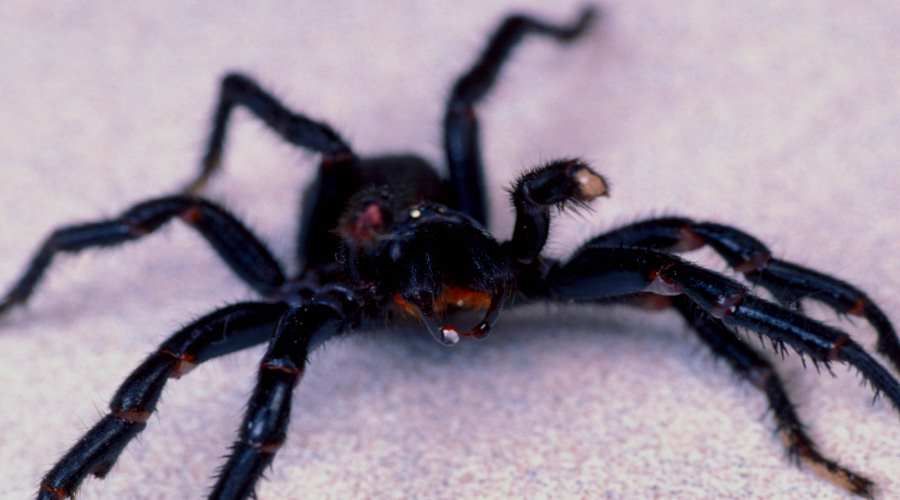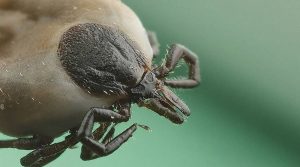
Venom of dangerous spider may protect brain from stroke
A protein found in the venom of a dangerous Australian spider can significantly reduce the brain damage that occurs following a stroke. This was proven by researchers at the University of Queensland and Monash University after experiments conducted on rats.
Venoms of intermittent The spider’s are being studied by many centers In the world’s scientific. This is because compounds that re they contain, they can act beneficially on humans. Australian researchers have identified a Hi1a protein in the venom of a spider in the Hexathelidae family, which re shows amazing abilities. Administered even eight hours after a stroke, it can significantly protect m zg against hypoxia.
Strokes m zgu take about six million in os b around the world. Another five million as a result of the stroke suffer permanent impairments. What’s more, the damage to the neuron caused by a stroke often cause gradual cognitive decline, which re doubles the risk of dementia in wasps b, which rs managed to survive the stroke. Despite tremendous efforts in no effective drugs have been developed to date in, which re could rebuild neural damage caused by oxygen deficiency. But now this may change. Research by Australian scientists can significantly reduce these numbers.
The Hi1a protein was discovered in the venom of a spider called Atrax robustus – Also customarily called the Australian bird spider. This is one of the most venomous spiders in the world. Its bite can kill a person in 15 minutes. It should also be noted that it is an aggressive creature. The most venomous are male specimens. Venom in an individual in females is about five times weaker.
With the research of scientists led by Glenn King of the University of Queensland. A scientist said the discovered protein offers hope for developing effective therapies to help after a stroke m zgu. – For the first time, we have found a way b to minimize the effects of damage to m zgu after a stroke. The Hi1a protein we discovered blocks ion channels, which re have a key role in the process of destroying com rec neural m zg due to hypoxia – said King.
– In preclinical studies, we found that a single dose of Hi1a administered up to eight hours after a stroke largely protects tissue m zgu and improves its function. Our discovery could improve the condition of many os b, kt re have suffered a stroke m zgu and significantly reduce the associated disabilities – explained the scientist.
The researchers’ findings were published in "Proceedings of the National Academy of Sciences"

